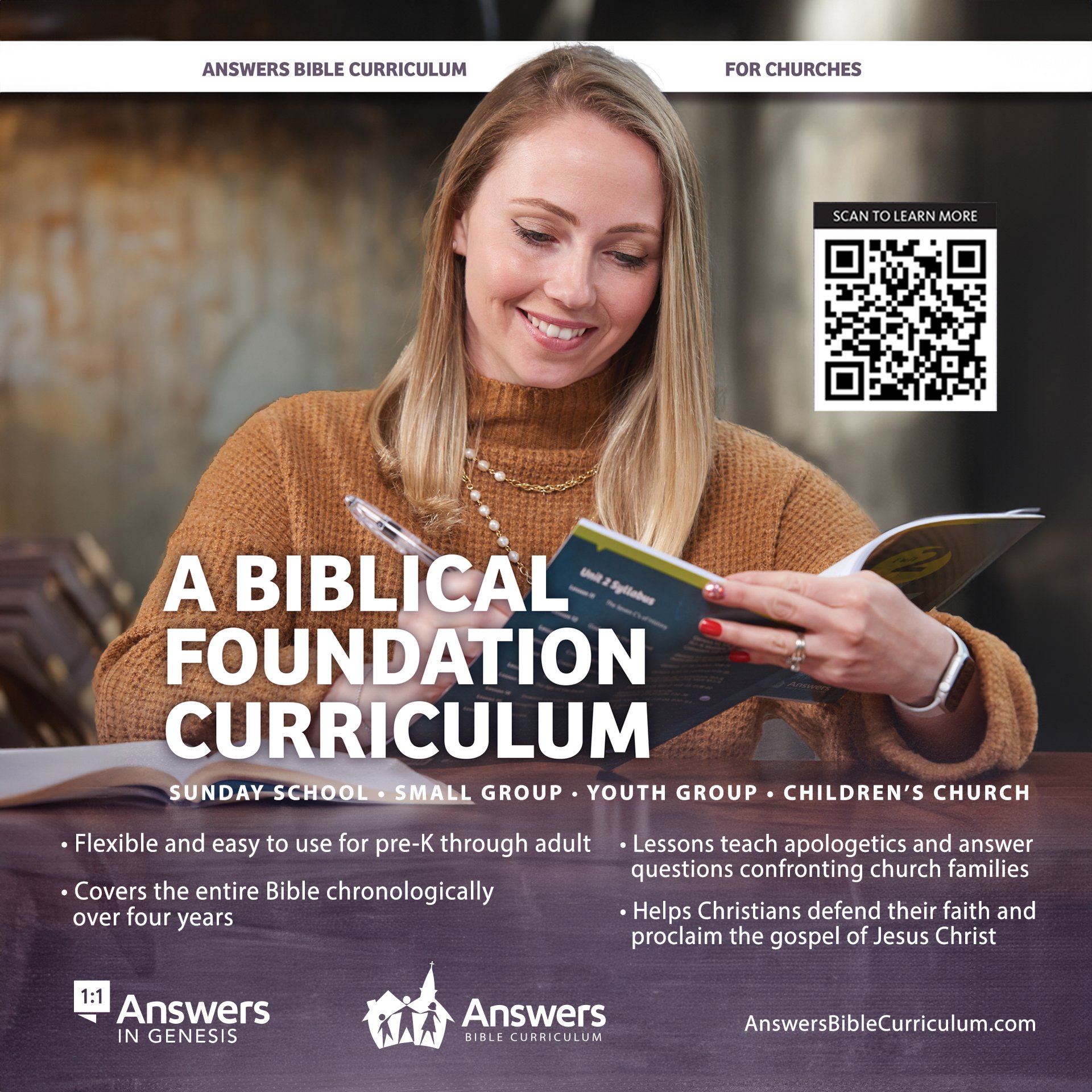Why Grace Changes Everything, Part 4: Forgiven!
In our own power and good works, it is impossible for us to follow God’s rules for righteousness, and our only hope is based in our belief and trust in God. In this installment from his popular book, Why Grace Changes Everything, Pastor Chuck Smith shares two illustrations that clarify our need for God’s grace—through the death of His Son Jesus—to wipe clean our slates of sin.
If there is any hope for us to be forgiven by God, there must be another basis other than our works. As Paul declares, By the deeds of the law there shall no flesh be justified in His sight (Romans 3:20, KJV).
If we are ever to enjoy fellowship with God, it will have to be on some basis other than our own righteousness. The rules that God has established for righteousness are far too stringent for us to abide by. We can’t do it. Our only hope is that another form of righteousness has been provided for us, a righteousness based on a totally different principle than our own works.
Thank God, there is such a principle! It’s called grace.
What is Grace?
The root meaning of the word grace is “beauty.” In the New Testament, grace means “God’s unmerited favor.” Grace is God giving to me something I cannot obtain on my own. Grace is being accepted by God even though I do not deserve it, even though I am not worthy of it.
The Bible teaches that I receive grace on the basis of my belief and trust in God. Hebrews 11:6 declares that without faith it is impossible to please God. We are forgiven by a holy God simply by believing in Jesus Christ and in His death on our behalf. When we place our trust in Him, our slate is wiped clean.
It is not possible for us to be forgiven by complying with any law or religious system. It was necessary that Christ go to the cross in order that He might establish the basis whereby I can approach God.
When Jesus was praying in the garden, He said, Father, if thou be willing, remove this cup from me: nevertheless not my will, but thine, be done (Luke 22:42, KJV).
He was saying, “If it is possible that men can be saved by any other means than My death—if they can be saved by being religious, by somehow gaining their own righteousness—then I do not want to go to the cross. Please don’t put Me through this horrible ordeal!” But it was not possible, and so He went to the cross, died, was buried, and rose again. His death made it possible for God to extend His grace to you and me.
Perhaps an illustration will help to make this clear. Imagine that you were charged with a crime. You are accused of trespassing on a neighbor’s property. As any defense attorney knows, there are two possible ways for you to be cleared of the charge. You may seek to prove that you didn’t trespass on his property, or you may seek to prove that you had every right to be there.
Now apply this logic to our spiritual situation. God has charged us with being sinners for rebelling against His law and His will. He has charged us with unrighteousness.
How can we be justified from those charges? We can’t say that we are innocent, for we are guilty. All of us have sinned. Nor can we say that we had a right to do what we did because we had no such right. Our actions were clearly wrong. How, then, can the law be of value to us in our desire to be forgiven? The answer is, it can’t. The case is open and shut. We didn’t have a right to do it, we did it anyway, and thus we stand guilty.
The Great Bank Robbery
Let’s change the illustration. Suppose that I robbed a bank willfully and deliberately. The law condemns me because I can’t say I didn’t do it or prove that I didn’t do it. The video camera caught me. I can’t say I had a right to do it because robbery is not included in the First Amendment. Therefore, there is no way I can be forgiven within the law.
During the trial, I might try to say, “I promise I won’t rob any more banks as long as I live. I will live a good, clean life from now on. I will never take anything from anybody wrongfully again.” That still doesn’t justify me from what I have already done. I might try to say that I should be forgiven because I did so much good with the money. I gave some to the church and I fed my family. But my “righteous” deeds cannot counterbalance or absolve my guilt.
The judge may order that I pay back to the bank all the money that I took. As part of my sentence, he may order me to pick up tin cans along the freeway. I may spend the rest of my life doing good things, but still I will not be absolved of what I have done. All the works of the law cannot erase my guilt. My past wrongdoings still exist. I am a robber, and the verdict is clear.
Why is it, then, that in spiritual matters so many people seek to plead innocent before God by virtue of all their good works?
There are many of us who respond to our sin, guilt, and unrighteousness with regret and new resolutions. We want to make amends and turn over a new leaf. But those efforts can’t win our forgiveness. Even our best efforts cannot take away the guilt of what we have already done. Good works can never justify us. Even a whole life of good works cannot atone for a single sin.
God’s basis of forgiveness is the sacrifice of His only begotten Son. All of our guilt, all of our past and future wrongdoings have been laid to the charge of Jesus Christ, the innocent Lamb, the perfect One who knew no sin. He bore our guilt; He suffered and died for our sins. Paul wrote, For he hath made him to be sin for us, who knew no sin; that we might be made the righteousness of God in him (2 Corinthians 5:21, KJV).
Jesus became sin for us that we might be pardoned through Him. In other words, He switched places with us. He was rich, yet for your sakes he became poor, that ye through his poverty might be rich (2 Corinthians 8:9, KJV).
He has taken our sin and forgiven us through our simple faith and trust in Him.
___________________
In our next installment, Pastor Chuck explores more of the Gospel of grace through Jesus, our only hope.
Read previous installments here:
Part 1: Why Grace Changes Everything: Introduction—1
Part 2: Why Grace Changes Everything: Introduction—2
Part 3: Why Grace Changes Everything: Forgiven!—1
Thank you for reading this article! If you enjoyed reading this story, we ask that you consider partnering with us to continue this ministry God began 25 years ago. We offer these stories and testimonies several times a week for free, but it's not without extensive costs to this small non-profit. We are funded only through the donations and partnerships from the print magazine. Your gifts will be put into use immediately—transforming lives through the power of the Gospel! Not only will you be blessed by what God is doing in Calvary Chapels around the world, but you will also help provide these stories digitally for those who don't have access to a physical copy—this includes missionaries! We know you have a lot of choices when it comes to giving, so we thank you in advance for prayerfully considering joining us in this ministry to help us reach MORE souls for Jesus.
SPONSOR MESSAGE: Take students of all ages on an exciting journey through the Bible! Bring the whole family together with Bible lessons, for kids and adults, for use in small groups, Sunday schools, children’s churches, and more!
© 2024 Calvary Chapel Magazine (CCM). All rights reserved. Articles or photographs may not be reproduced without the written permission of CCM. All Scripture quotations, unless otherwise indicated, are taken from the New King James Version. Copyright © 1982 by Thomas Nelson, Inc.® Used by permission.


